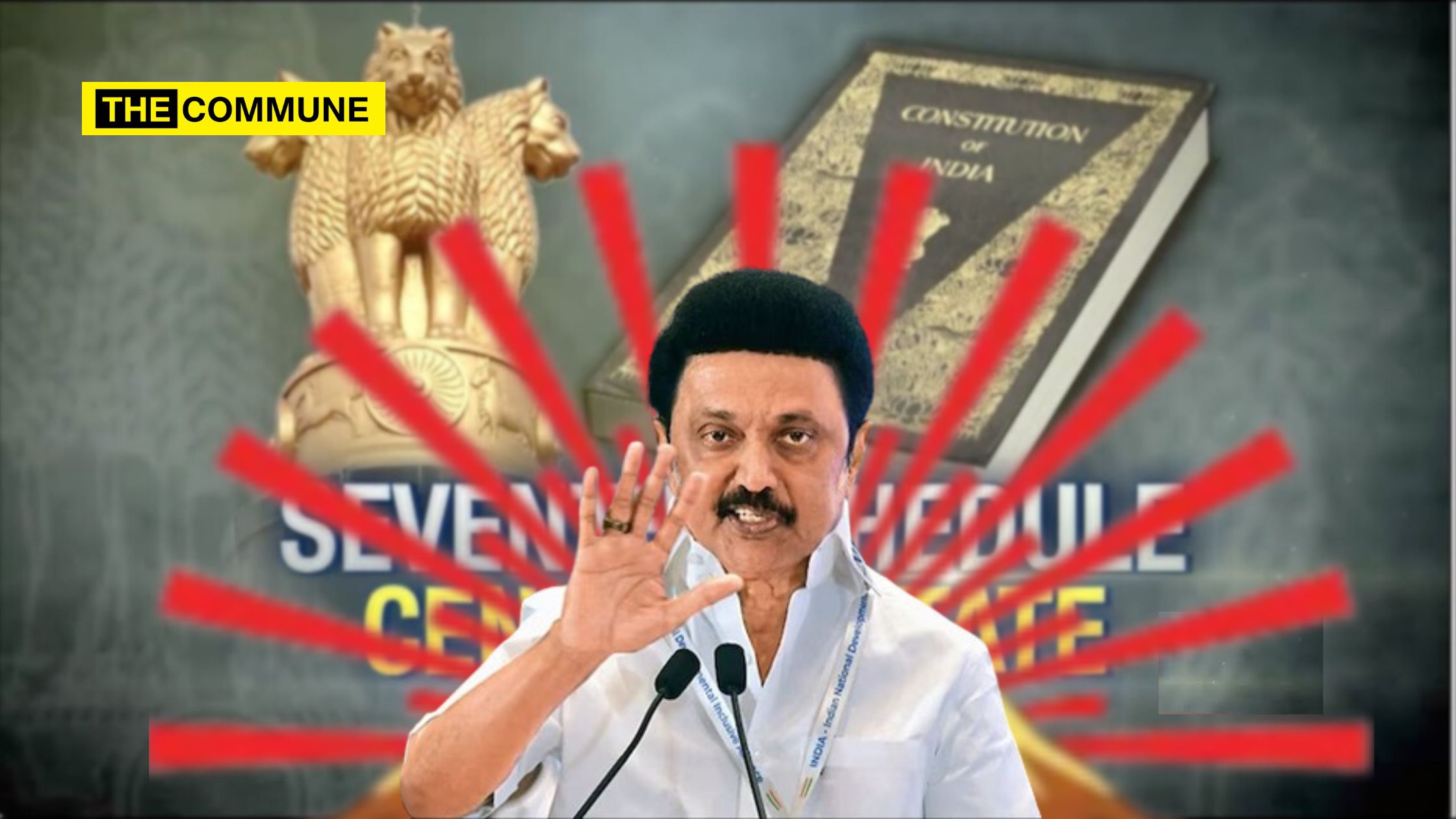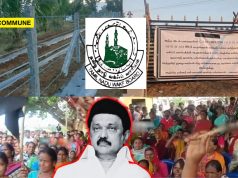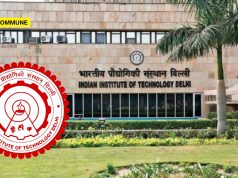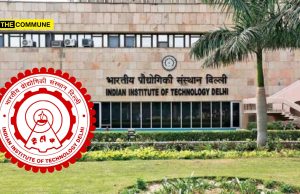
The Lok Sabha election dates for Tamil Nadu have been announced for 19 April 2024. The DMK has finalized its alliance and unveiled its candidates across different constituencies along with its electoral manifesto.
The Dravida Munnetra Kazhagam (DMK) unveiled its election manifesto on 20 March 2024, at the party headquarters, Arivalayam, in Chennai, by the party’s president and Tamil Nadu Chief Minister, MK Stalin. The Election Manifesto Committee, led by MP Kanimozhi, presented the manifesto to MK Stalin, who addressed the gathering at the event.
What caught attention in the current election manifesto was the significant commitments made by the state party, which involve functions delegated to the central government according to Schedule Seven of the Indian Constitution. It’s important to note that a state party cannot alter these functions without constitutional amendments being passed in Parliament.
Key points from the DMK’s manifesto for the 2024 Lok Sabha Elections:
- The constitution will be amended so that the states get real autonomy.
- Until the office of the Governor is abolished, the appointment of a State Governor should be made in consultation with the Chief Minister of the State.
- Amendment of Article 361, which grants immunity from criminal proceedings to Governors.
- Opposing the implementation of the National Education Policy and NEET in Tamil Nadu.
- Rejecting the implementation of the Citizenship Amendment Act and Uniform Civil Code.
- Sri Lankan Tamils who have returned to India will be granted Indian citizenship.
- A division of the Supreme Court will be established in Chennai.
- Puducherry is slated to be elevated to the status of a state.
- One country one election scheme will be abandoned
Highlights of DMK’s manifesto for 2024 Lok Sabha Elections:
1. Till the office of Governor is abolished, a Governor to the State should be appointed in consultation with the CM of the State.
2. Article 361 which provides immunity from criminal proceedings to Governors will be…
— Arvind Gunasekar (@arvindgunasekar) March 20, 2024
The Seventh Schedule of the Indian Constitution distinctly delineates the roles and responsibilities between the state and central governments. Despite being a federal structure with unitary characteristics, the Constitution grants substantial authority to the central government to ensure uniform administration across the nation. This also prevents states from making unreasonable promises, such as distributing freebies, solely for electoral gains, thus safeguarding national integrity.
DMK opposes the national education policy solely in their election manifesto but quietly entered into a Memorandum of Understanding (MoU) with the Ministry of Education for PM-SHRI schemes, which advocates for the implementation of the national education policy in all schools, it raises another point of contention. Furthermore, Article 11 of the Constitution explicitly states that Parliament has the authority to regulate citizenship rights through legislation, including provisions regarding the acquisition and termination of citizenship, as well as other citizenship-related matters. However, the DMK, in its manifesto, claims to abolish these provisions and also promises to grant citizenship to Sri Lankan Tamils. Interestingly, previously, Congress MP P. Chidambaram, an ally of the DMK, refrained from considering granting citizenship to Sri Lankan Tamils when he served as the Home Minister in the central government.
Above all, while reading out the manifesto by DMK leader MK Stalin, a slip of the tongue occurred when he confirmed the party’s intention to implement a Uniform Civil Code, sparking ridicule on social media platforms.
Stalin announces DMK will bring Uniform Civil Code
Thalapathi 🔥🔥🔥🔥🤣🤣🤣
— Indhavaainko (இந்தாவாய்ங்கோ) 👊 (@indhavaainko) March 20, 2024
He was corrected by his party members later though.
Other declarations were made without taking into account their financial implications, which could impact the government’s ability to generate revenue and potentially strain the treasury. Ultimately, it will be the citizens who bear the brunt of these decisions.
- Women across India will receive a monthly stipend of ₹1000.
- Toll booths on national highways will be removed.
- Prices for LPG will be set at ₹500, while petrol will be priced at ₹75 and diesel at ₹65 per unit.
- The National Rural Employment Scheme will extend its working days to 150, with wages raised to ₹400.
- A minimum support price for farmers’ produce will be established.
- Measures will be implemented to waive students’ education loans, and interest-free education loans up to ₹4 lakh will be provided to students.
Subscribe to our channels on Telegram, WhatsApp, and Instagram and get the best stories of the day delivered to you personally.




